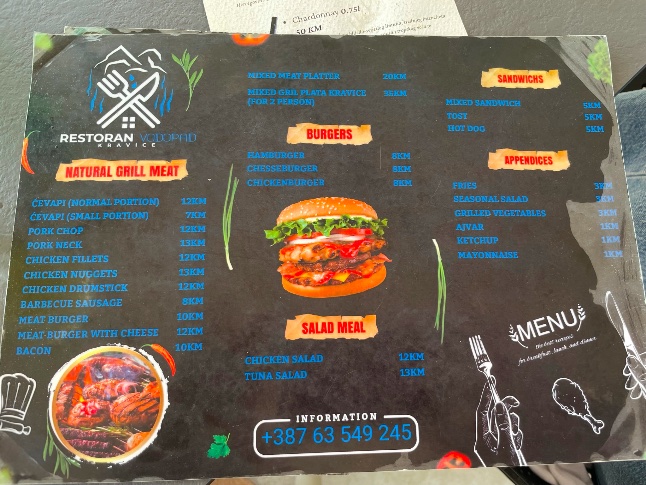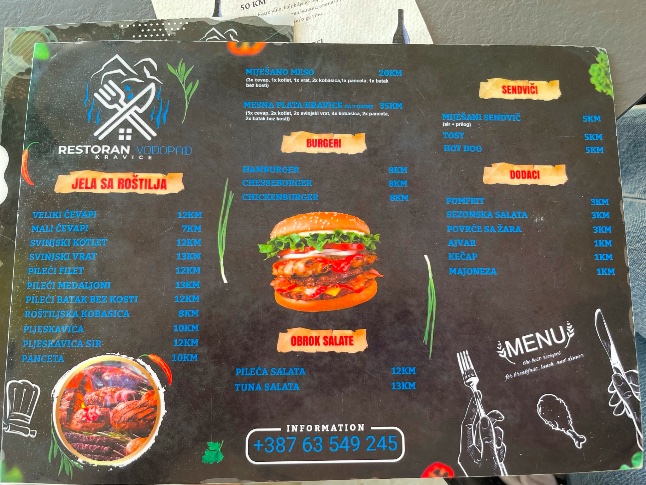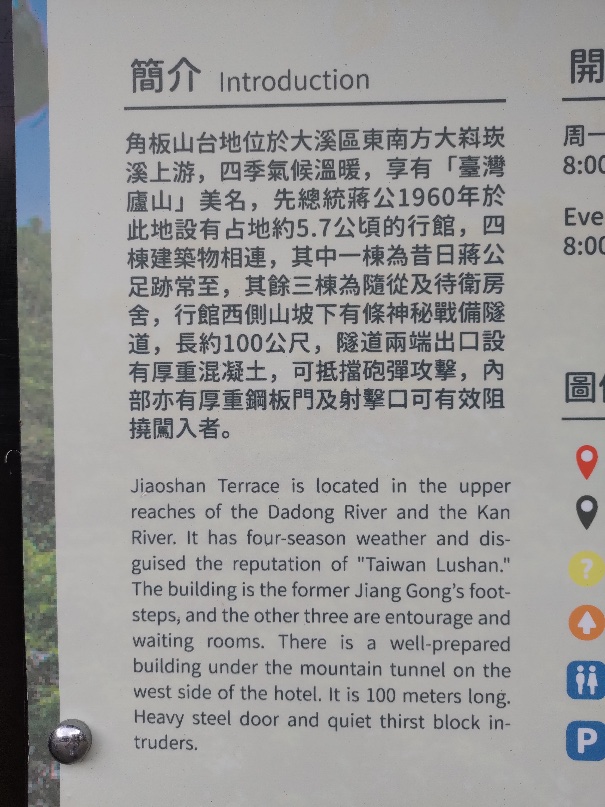Narts, Ossetians, and other peoples of the Caucasus
For many reasons, here at Language Log we have had a longstanding interest in the Narts, their language, literature, and lore:
The Nart sagas (Abkhaz: Нарҭаа ражәабжьқәа; Nartaa raƶuabƶkua; Adyghe: Нарт тхыдэжъхэр, romanized: Nart txıdəĵxər; Ossetian: Нарты кадджытæ; Narty kaddžytæ; Nartı kadjıtæ) are a series of tales originating from the North Caucasus. They form much of the basic mythology of the ethnic groups in the area, including Abazin, Abkhaz, Circassian, Ossetian, Karachay–Balkar, and to some extent Chechen–Ingush folklore.
The term nart comes from the Ossetian Nartæ, which is plurale tantum of nar. The derivation of the root nar is of Iranian origin, from Proto-Iranian *nar for 'hero, man', descended from Proto-Indo-European *h₂nḗr. In Chechen, the word nart means 'giant'.
(source)
Read the rest of this entry »






